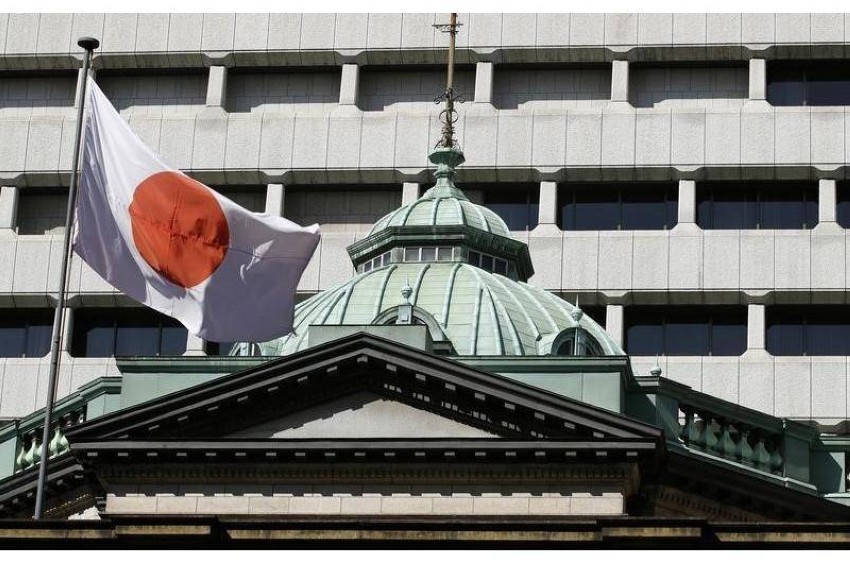The high consumption prices in Japan have reached an unprecedented level since 1982 against the backdrop of the decrease in the yen exchange rate against the dollar, which led to an increase in the cost of imports and a significant increase in energy prices.
The inflation rate in Japan was 3. 6% in October in one year (except for fresh products), according to data published on Friday, a little higher than what economists expected their views of Bloomberg 3. 5% compared to 3% in September.
And inflation is more moderate 2. 5% if energy prices are not taken into account, but it remains higher than in September; Because of the high prices of other products, especially food.
Inflation in Japan since April has exceeded the percentage set by the central bank (2% except for fresh products), but “inflation due to the cost”, which is paid for high energy and food prices, does not satisfy the institution that still believes that the conditions did not meet to tighten monetary policy in Japan.
This major difference between the monetary policy of Japan Bank and the remarkable restrictions in other advanced economies, especially the United States, led to a decrease in the price of the yen against the dollar and thus increasing the cost of Japanese imports.
The Japanese trade deficit led to a decline in the total national GDP in the third quarter by 0. 3% from the previous separation, according to preliminary figures published on Tuesday.
However, economists see that the last rise in the yen and the global energy prices will be allowed to decline in Japan’s trade deficit in the fourth chapter of this year.
The inflation is also supposed to decrease from the beginning of 2023 with the start of the implementation of a procedure by the government of Prime Minister Fumio Kishida to reduce Japanese energy bills in January.
At the end of October, the Bank of Japan raised its estimates for inflation to + 2.
9% for the fiscal year 2022/23, which will end at the end of March ( + 1. 8% except for fresh products and energy).
But he believes that he will decline to 1. 6% in 2023/24 and remains at this level in 2024/25..

